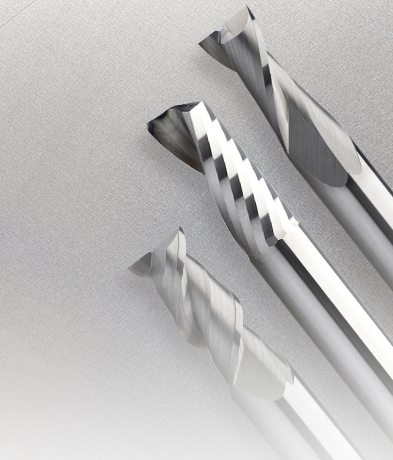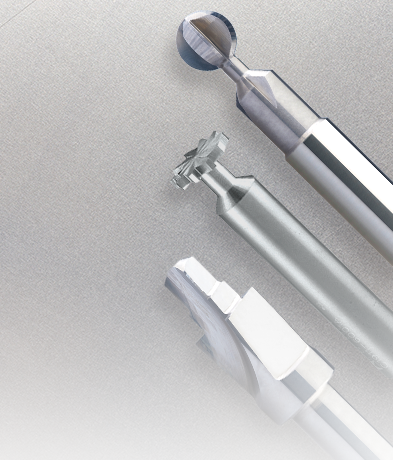Maximizing Efficiency and Precision: The Advantages of Solid Carbide Tools in Manufacturing

When it comes to manufacturing, efficiency and precision are key factors that can greatly impact the success of a business. One tool that has proven to be invaluable in achieving these goals is the solid carbide tool. Solid carbide tools are mainly composed of hard and wear-resistant tungsten carbide particles, bonded by cobalt for strength. In this article, we will explore the various advantages of using solid carbide tools in manufacturing and how they can improve efficiency and precision in machining processes.
Advantages of Solid Carbide Tools in Manufacturing
List of Services
-
Superior Hardness and Wear Resistance:Item Link List Item 1
One of the primary advantages of solid carbide tools is their exceptional hardness. This hardness ensures that the cutting edges of solid carbide tools remain sharp and effective for a longer period, resulting in increased productivity and reduced downtime due to tool changes.
-
Enhanced Heat Resistance:Item Link List Item 2
Another advantage of solid carbide tools is their ability to withstand high temperatures. This heat resistance is crucial in manufacturing processes that generate significant amounts of heat, such as milling or drilling. Solid carbide tools can withstand these high temperatures without losing their hardness or becoming deformed, ensuring consistent performance and dimensional accuracy.
-
Improved Cutting Speeds:Item Link List Item 3
Solid carbide tools can withstand higher cutting speeds compared to other tool materials such as high-carbon steel and high-speed steel (HSS). This allows manufacturers to increase the efficiency of their machining processes by reducing cycle times and improving productivity. Additionally, the high cutting speeds achievable with solid carbide tools result in smoother surface finishes, reducing the need for secondary operations and improving overall part quality.
Different Types of Solid Carbide Tools
Solid carbide tools come in a wide variety of shapes and sizes, each designed for specific machining applications. Some common types of solid carbide tools include:
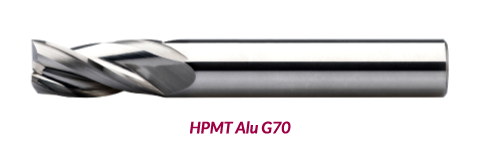
Solid Carbide End Mills: Used for milling operations, solid carbide end mills have cutting edges on the end face and the periphery. They are versatile tools that can be used for roughing, finishing, or contouring operations.
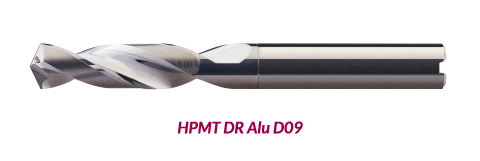
Solid Carbide Drills: Solid carbide drills are used for creating holes in various materials. They have a pointed tip and spiral flutes that help to evacuate chips from the hole, ensuring smooth and efficient drilling.
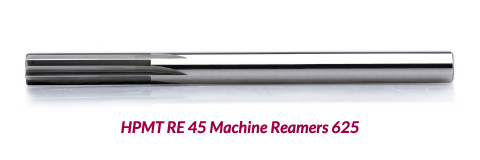
Solid Carbide Reamers: Reamers are used for enlarging, shaping, or finishing holes that have already been drilled. Solid carbide reamers offer exceptional precision and are commonly used in industries where tight tolerances are required.
How Solid Carbide Tools Improve Efficiency and Precision in Machining
Solid carbide tools offer several key advantages that contribute to improved efficiency and precision in machining processes. These include:
List of Services
-
Higher Cutting Speeds:Item Link List Item 1
As earlier mentioned, solid carbide tools can withstand higher cutting speeds, allowing for faster machining operations. This results in reduced cycle times, increased productivity, and ultimately, cost savings for manufacturers.
-
Longer Tool Life:Item Link List Item 2
Due to their superior hardness and wear resistance, solid carbide tools have a longer tool life compared to other tool materials. This means fewer tool changes, reduced downtime, and increased production output.
-
Improved Surface Finish:Item Link List Item 3
Solid carbide tools produce smoother surface finishes, reducing the need for secondary operations such as polishing or grinding. This not only saves time but also improves the overall quality of the finished part.
Choosing the Right Solid Carbide Tools for Your Manufacturing Needs
Selecting the right solid carbide tools for your manufacturing needs is crucial to achieving optimal efficiency and precision. Here are some factors to consider when choosing solid carbide tools:
List of Services
-
Material Compatibility:Item Link List Item 1
Different materials require different cutting parameters and tool geometries. Ensure that the solid carbide tools you choose are suitable for the materials you will be machining.
-
Tool Coatings:Item Link List Item 2
Solid carbide tools are often coated with various coatings to enhance their performance. Consider the type of coating that would best suit your machining application, such as TiN, TiAlN, or DLC.
-
Tool Geometry:Item Link List Item 3
The tool geometry, such as the number of flutes or the helix angle, can significantly impact the performance and chip evacuation of solid carbide tools. Choose the appropriate tool geometry based on your specific machining requirements.
Common Misconceptions about Solid Carbide Tools
Despite their numerous advantages, there are some common misconceptions about solid carbide tools. Let's address a few of them:
List of Services
-
Solid Carbide Tools are Expensive:Item Link List Item 1
While solid carbide tools may have a higher upfront cost compared to other tool materials, their longer tool life and improved performance result in cost savings in the long run.
-
Solid Carbide Tools are Brittle:Item Link List Item 2
While it is true that solid carbide tools are more brittle compared to other tool materials, proper handling and maintenance can prevent breakage. Follow the manufacturer's guidelines for tool handling and avoid excessive cutting forces or impacts.
-
Solid Carbide Tools are Only for High-Volume Production:Item Link List Item 3
Solid carbide tools can be used in a wide range of manufacturing applications, from high-volume production to small-scale machining. Their versatility and performance make them suitable for various industries and machining operations.
Where to Buy High-Quality Solid Carbide Tools
When it comes to purchasing solid carbide tools, it is essential to choose a reliable supplier that offers high-quality products. HPMT Industries is a leading manufacturer of solid carbide tools and machining solutions. Visit our website
here to explore our range of solid carbide tools and find the perfect tools for your manufacturing needs.
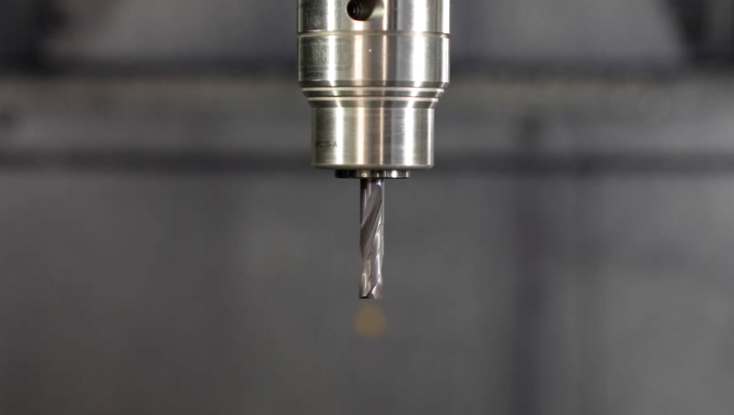
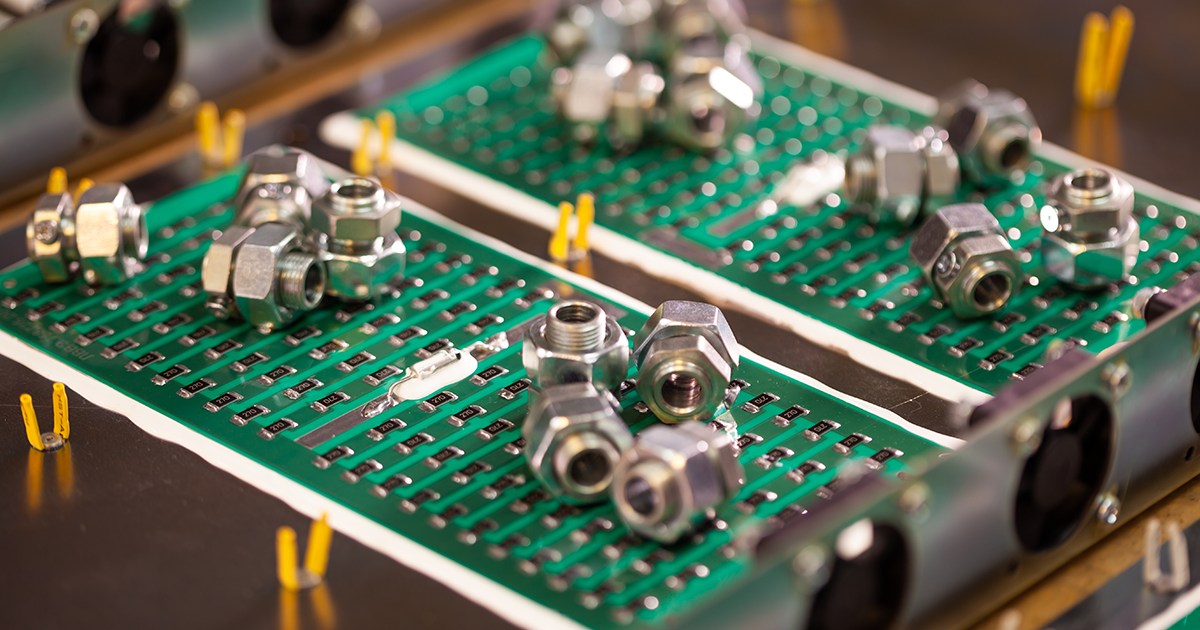


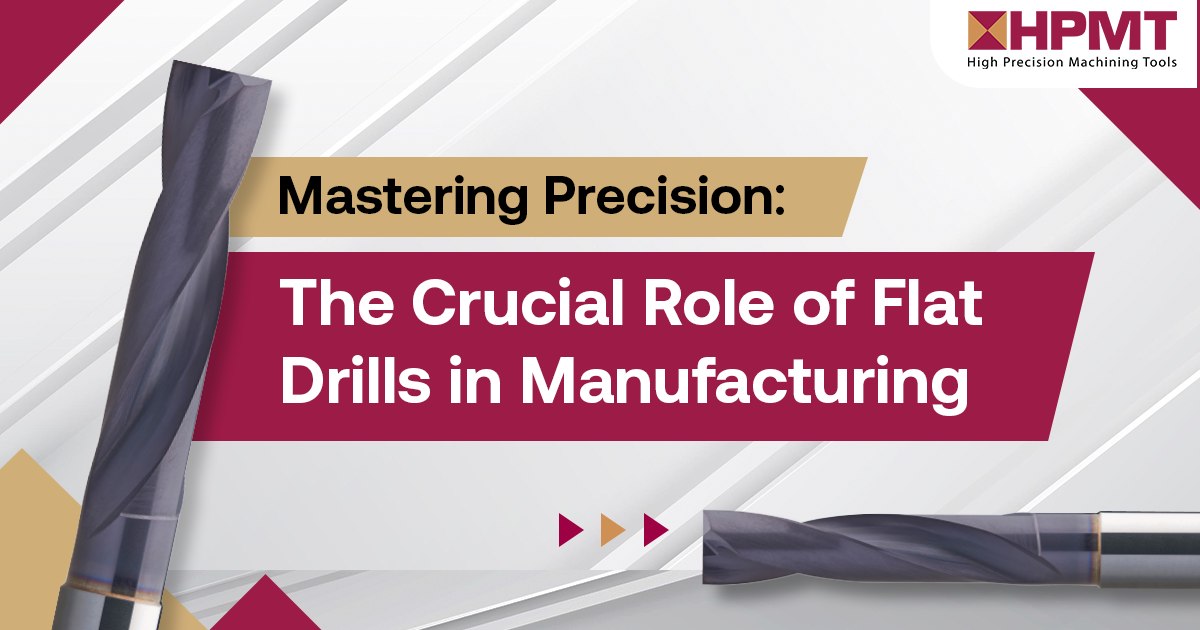

HPMT INDUSTRIES SDN BHD 199601032653 (405005-X)
5, Jalan Sungai Kayu Ara
32/39, Taman Berjaya,
Seksyen 32, 40460 Shah Alam,
Selangor Darul Ehsan, Malaysia
Tel: +603-58700098
Email: info@hpmt-industries.com
Our Products
Quick Link
All Rights Reserved | HPMT Industries Sdn. Bhd.
